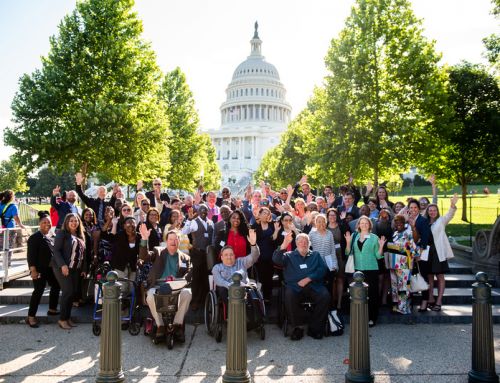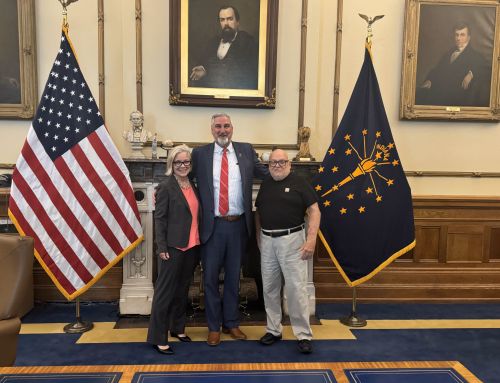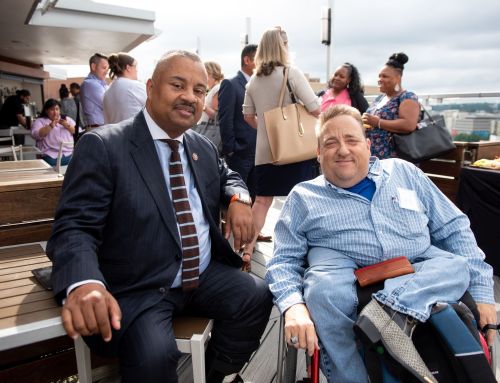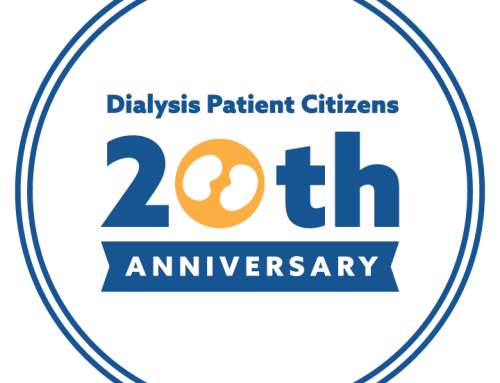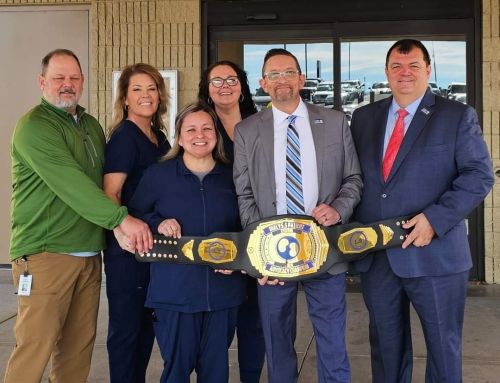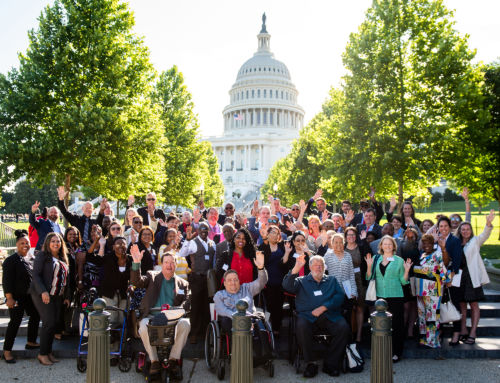DPC’s letter commenting on this year’s ESRD Payment Rule warns that Medicare is not addressing workforce shortages that are impacting patient care. The letter reports the following findings from our recent member survey:
- 62% of patients reported that the recent labor shortages had impacted their care: 43% said that staff turnover disrupted their care; 28% reported delays to their treatment; and 7% reported that they had to change shifts or facilities.
- In 2013, in response to a question about wait times at facilities, the same proportion of patients, 14%, reported increases in wait times as decreases in wait times. This year, 24% report increases in wait times and only 11% reported decreases.
- In 2013, we asked patients whether “in the past year, has time spent with health care providers (nurses, technicians) in your primary dialysis center increased, decreased, or stayed the same.” Ten years ago, only 13% reported the time had decreased; this year it was 26%.
The proposed rule would only increase reimbursements by 1.7%, despite labor costs that have risen by 9.7% over the past two years. Complicating matters further, calculation errors in the past two annual cycles have left payments 4 percentage points below what they should be.
DPC asked Medicare to apply an Essential Worker Safety Catch, to look back on previous updates, and reconsider current forecasts, so updates are trued up and don’t fall behind actual changes in compensation.
DPC also calls attention to the distorted rollout of Korsuva, the drug that treats pruritis. Empirical research has found a prevalence of moderate to severe pruritis among dialysis patients of 33 percent, but Korsuva is being dispensed to fewer than one percent of patients. It is believed that nephrologists are reluctant to prescribe it due to uncertainties about its status in the ESRD bundled payment. This year, Medicare proposes to use the artificially low take-up of the drug to add a tiny amount to the bundle, thereby locking in a depressed rate of utilization in perpetuity. DPC is asking that the drug be separately billable, to ensure wider patient access.
Medicare also proposes to add new items to the ESRD Quality Incentive Program relating to health equity and social determinants of health. DPC reiterated its longtime position that mere symbolism does not suffice to address these issues, and that Medicare must commit new funding to compensate for disadvantages to actually improve outcomes.




